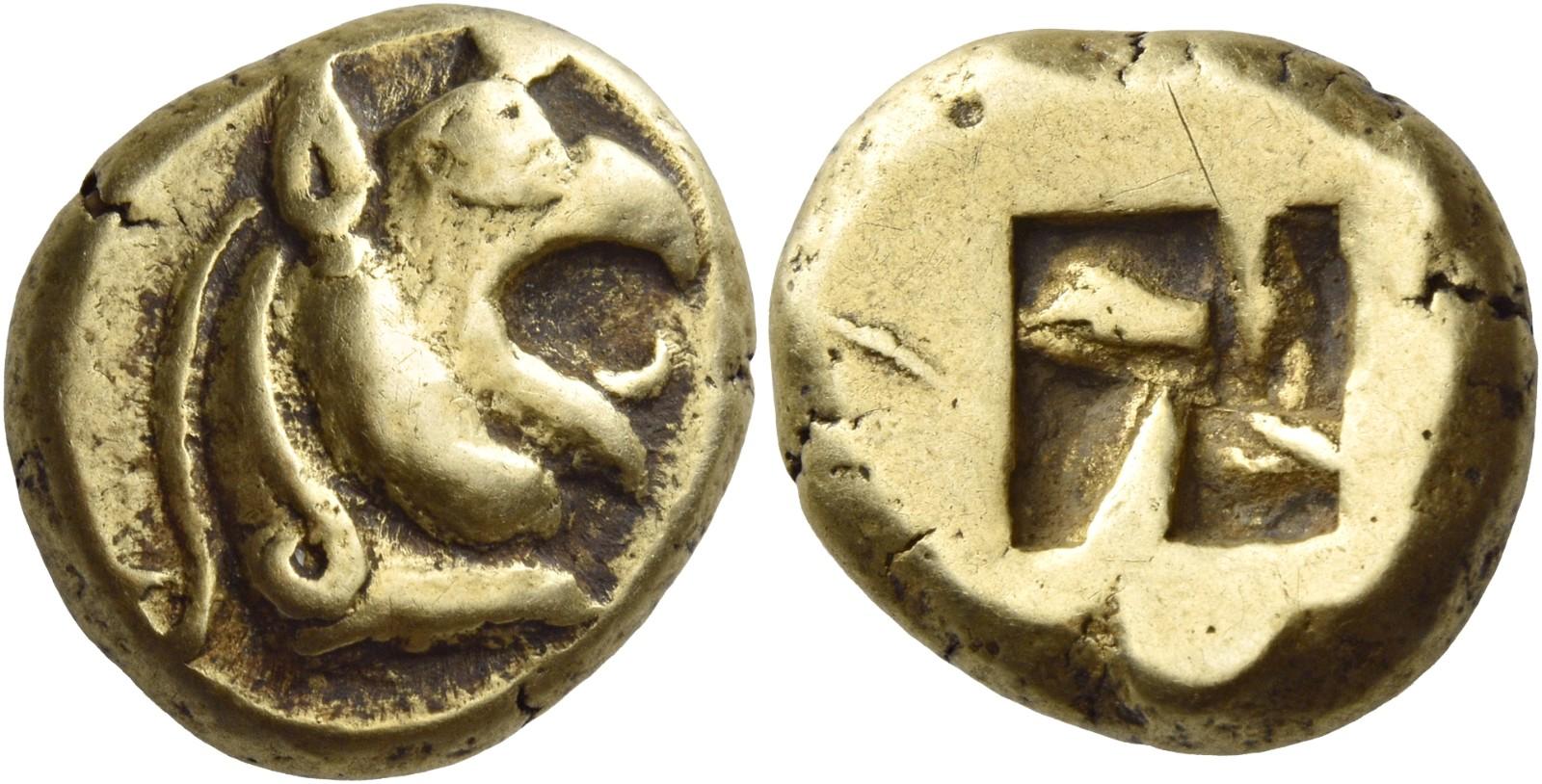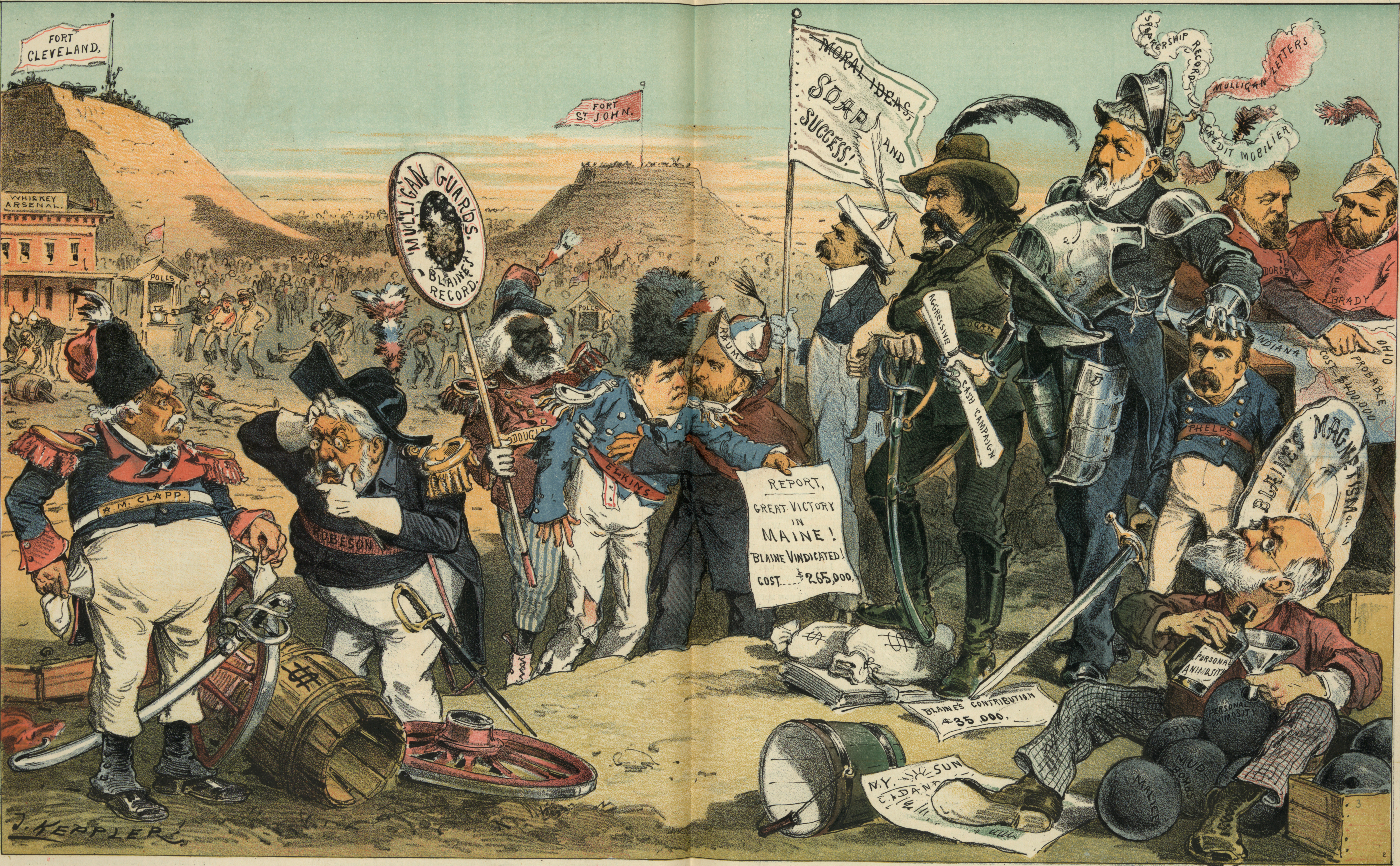|
Cadmean Victory
A Cadmean victory ( el, καδμεία νίκη, translit=kadmeía níkē) is a reference to a victory involving one's own ruin,Liddell, Henry George (Compiler), Scott, Robert (Compiler), Jones, Henry Stuart (Editor), McKenzie, Roderick. ''A Greek-English Lexicon'', 9th ed. New York: Oxford University Press, 1995. from Cadmus (Greek: ''Kadmos''), the legendary founder of Thebes in Boeotia and the mythic bringer of script to Greece.Howatson, M. C. (Ed.) ''The Oxford Companion to Classical Literature'', 2nd ed. New York: Oxford University Press, 2006. p. 105. On seeking to establish the city, Cadmus required water from a spring guarded by a water-dragon similar to the Lernaean Hydra. He sent his companions to slay the dragon, but they all perished. Although Cadmus eventually proved victorious, the victory cost the lives of those who were to benefit from the new settlement. In Classic Literature In '' Histories'', Herodotus refers to a Cadmean victory: "In the engagement th ... [...More Info...] [...Related Items...] OR: [Wikipedia] [Google] [Baidu] |
Victory
The term victory (from Latin ''victoria'') originally applied to warfare, and denotes success achieved in personal combat, after military operations in general or, by extension, in any competition. Success in a military campaign constitutes a strategic victory, while the success in a military engagement is a tactical victory. In terms of human emotion, victory accompanies strong feelings of elation, and in human behaviour often exhibits movements and poses paralleling threat display preceding the combat, which are associated with the excess endorphin built up preceding and during combat. Victory dances and victory cries similarly parallel war dances and war cries performed before the outbreak of physical violence. Examples of victory behaviour reported in Roman antiquity, where the term ''victoria'' originated, include: the victory songs of the Batavi mercenaries serving under Gaius Julius Civilis after the victory over Quintus Petillius Cerialis in the Batavian re ... [...More Info...] [...Related Items...] OR: [Wikipedia] [Google] [Baidu] |
Cadmus
In Greek mythology, Cadmus (; grc-gre, Κάδμος, Kádmos) was the legendary Phoenician founder of Boeotian Thebes. He was the first Greek hero and, alongside Perseus and Bellerophon, the greatest hero and slayer of monsters before the days of Heracles. Commonly stated to be a prince of Phoenicia, the son of king Agenor and queen Telephassa of Tyre, the brother of Phoenix, Cilix and Europa, Cadmus could trace his origins back to Zeus. Originally, he was sent by his royal parents to seek out and escort his sister Europa back to Tyre after she was abducted from the shores of Phoenicia by Zeus. In early accounts, Cadmus and Europa were instead the children of Phoenix. Scholia on Homer, '' Iliad'' B, 494, p. 80, 43 ed. Bekk. as cited in Hellanicus' ''Boeotica'' Cadmus founded the Greek city of Thebes, the acropolis of which was originally named ''Cadmeia'' in his honour. Cadmus' homeland was the subject of significant disagreement among ancient authors. Apollodorus ide ... [...More Info...] [...Related Items...] OR: [Wikipedia] [Google] [Baidu] |
Ancient Thebes (Boeotia)
Thebes (; ell, Θήβα, ''Thíva'' ; grc, Θῆβαι, ''Thêbai'' .) is a city in Boeotia, Central Greece. It played an important role in Greek myths, as the site of the stories of Cadmus, Oedipus, Dionysus, Heracles and others. Archaeological excavations in and around Thebes have revealed a Mycenaean settlement and clay tablets written in the Linear B script, indicating the importance of the site in the Bronze Age. Thebes was the largest city of the ancient region of Boeotia and was the leader of the Boeotian confederacy. It was a major rival of ancient Athens, and sided with the Persians during the 480 BC invasion under Xerxes I. Theban forces under the command of Epaminondas ended Spartan hegemony at the Battle of Leuctra in 371 BC, with the Sacred Band of Thebes, an elite military unit of male lovers celebrated as instrumental there. Macedonia would rise in power at the Battle of Chaeronea in 338 BC, bringing decisive victory to Philip II over an alliance of Thebes ... [...More Info...] [...Related Items...] OR: [Wikipedia] [Google] [Baidu] |
Boeotia
Boeotia ( ), sometimes Latinized as Boiotia or Beotia ( el, Βοιωτία; modern: ; ancient: ), formerly known as Cadmeis, is one of the regional units of Greece. It is part of the region of Central Greece. Its capital is Livadeia, and its largest city is Thebes. Boeotia was also a region of ancient Greece, from before the 6th century BC. Geography Boeotia lies to the north of the eastern part of the Gulf of Corinth. It also has a short coastline on the Gulf of Euboea. It bordered on Megaris (now West Attica) in the south, Attica in the southeast, Euboea in the northeast, Opuntian Locris (now part of Phthiotis) in the north and Phocis in the west. The main mountain ranges of Boeotia are Mount Parnassus in the west, Mount Helicon in the southwest, Cithaeron in the south and Parnitha in the east. Its longest river, the Cephissus, flows in the central part, where most of the low-lying areas of Boeotia are found. Lake Copais was a large lake in the center of Boe ... [...More Info...] [...Related Items...] OR: [Wikipedia] [Google] [Baidu] |
Greece
Greece,, or , romanized: ', officially the Hellenic Republic, is a country in Southeast Europe. It is situated on the southern tip of the Balkans, and is located at the crossroads of Europe, Asia, and Africa. Greece shares land borders with Albania to the northwest, North Macedonia and Bulgaria to the north, and Turkey to the northeast. The Aegean Sea lies to the east of the mainland, the Ionian Sea to the west, and the Sea of Crete and the Mediterranean Sea to the south. Greece has the longest coastline on the Mediterranean Basin, featuring thousands of islands. The country consists of nine traditional geographic regions, and has a population of approximately 10.4 million. Athens is the nation's capital and largest city, followed by Thessaloniki and Patras. Greece is considered the cradle of Western civilization, being the birthplace of democracy, Western philosophy, Western literature, historiography, political science, major scientific and mathematica ... [...More Info...] [...Related Items...] OR: [Wikipedia] [Google] [Baidu] |
Lernaean Hydra
The Lernaean Hydra or Hydra of Lerna ( grc-gre, Λερναῖα Ὕδρα, ''Lernaîa Hýdra''), more often known simply as the Hydra, is a snake, serpentine water monster in Greek mythology, Greek and Roman mythology. Its lair was the lake of Lerna in the Argolid, which was also the site of the myth of the Danaïdes. Lerna was reputed to be an entrance to the Hades, Underworld, and archaeology has established it as a sacred site older than Mycenaean civilization, Mycenaean Argos, Peloponnese, Argos. In the canonical Hydra myth, the monster is killed by Heracles (Hercules) as the second of his Labours of Hercules, Twelve Labors. According to Hesiod, the Hydra was the offspring of Typhon and Echidna (mythology), Echidna. It had poisonous breath and blood so virulent that even its scent was deadly. The Hydra possessed Polycephaly, many heads, the exact number of which varies according to the source. Later versions of the Hydra story add a Regeneration (biology), regeneration feature ... [...More Info...] [...Related Items...] OR: [Wikipedia] [Google] [Baidu] |
Histories (Herodotus)
The ''Histories'' ( el, Ἱστορίαι, ; also known as ''The History'') of Herodotus is considered the founding work of history in Western literature. Written around 430 BC in the Ionic dialect of classical Greek, ''The Histories'' serves as a record of the ancient traditions, politics, geography, and clashes of various cultures that were known in Greece, Western Asia and Northern Africa at that time. Although not a fully impartial record, it remains one of the West's most important sources regarding these affairs. Moreover, it established the genre and study of history in the Western world (despite the existence of historical records and chronicles beforehand). ''The'' ''Histories'' also stands as one of the earliest accounts of the rise of the Persian Empire, as well as the events and causes of the Greco-Persian Wars between the Persian Empire and the Greek city-states in the 5th century BC. Herodotus portrays the conflict as one between the forces of slavery (the ... [...More Info...] [...Related Items...] OR: [Wikipedia] [Google] [Baidu] |
Phocaea
Phocaea or Phokaia (Ancient Greek: Φώκαια, ''Phókaia''; modern-day Foça in Turkey) was an ancient Ionian Greek city on the western coast of Anatolia. Greek colonists from Phocaea founded the colony of Massalia (modern-day Marseille, in France) in 600 BC, Emporion (modern-day Empúries, in Catalonia, Spain) in 575 BC and Elea (modern-day Velia, in Campania, Italy) in 540 BC. Geography Phocaea was the northernmost of the Ionian cities, on the boundary with Aeolis. It was located near the mouth of the river Hermus (now Gediz), and situated on the coast of the peninsula separating the Gulf of Cyme to the north, named for the largest of the Aeolian cities, and the Gulf of Smyrna (now İzmir) to the south. Phocaea had two natural harbours within close range of the settlement, both containing a number of small islands. Phocaea's harbours allowed it to develop a thriving seafaring economy, and to become a great naval power, which greatly influenced its cultur ... [...More Info...] [...Related Items...] OR: [Wikipedia] [Google] [Baidu] |
Pyrrhic Victory
A Pyrrhic victory ( ) is a victory that inflicts such a devastating toll on the victor that it is tantamount to defeat. Such a victory negates any true sense of achievement or damages long-term progress. The phrase originates from a quote from Pyrrhus of Epirus, whose triumph against the Romans in the Battle of Asculum in 279 BC destroyed much of his forces, forcing the end of his campaign. Etymology ''Pyrrhic victory'' is named after King Pyrrhus of Epirus, whose army suffered irreplaceable casualties in defeating the Romans at the Battle of Heraclea in 280 BC and the Battle of Asculum in 279 BC, during the Pyrrhic War. After the latter battle, Plutarch relates in a report by Dionysius: In both Epirote victories, the Romans suffered greater casualties but they had a much larger pool of replacements, so the casualties had less impact on the Roman war effort than the losses of King Pyrrhus. The report is often quoted as or Examples War This list comprises examples o ... [...More Info...] [...Related Items...] OR: [Wikipedia] [Google] [Baidu] |
Military Strategy
Military strategy is a set of ideas implemented by military organizations to pursue desired strategic goals. Derived from the Greek word '' strategos'', the term strategy, when it appeared in use during the 18th century, was seen in its narrow sense as the "art of the general", or "'the art of arrangement" of troops. Military strategy deals with the planning and conduct of campaigns, the movement and disposition of forces, and the deception of the enemy. The father of Western modern strategic studies, Carl von Clausewitz (1780–1831), defined military strategy as "the employment of battles to gain the end of war." B. H. Liddell Hart's definition put less emphasis on battles, defining strategy as "the art of distributing and applying military means to fulfill the ends of policy". Hence, both gave the pre-eminence to political aims over military goals. Sun Tzu (544–496 BC) is often considered as the father of Eastern military strategy and greatly influenced Chinese, Japane ... [...More Info...] [...Related Items...] OR: [Wikipedia] [Google] [Baidu] |
Victory
The term victory (from Latin ''victoria'') originally applied to warfare, and denotes success achieved in personal combat, after military operations in general or, by extension, in any competition. Success in a military campaign constitutes a strategic victory, while the success in a military engagement is a tactical victory. In terms of human emotion, victory accompanies strong feelings of elation, and in human behaviour often exhibits movements and poses paralleling threat display preceding the combat, which are associated with the excess endorphin built up preceding and during combat. Victory dances and victory cries similarly parallel war dances and war cries performed before the outbreak of physical violence. Examples of victory behaviour reported in Roman antiquity, where the term ''victoria'' originated, include: the victory songs of the Batavi mercenaries serving under Gaius Julius Civilis after the victory over Quintus Petillius Cerialis in the Batavian re ... [...More Info...] [...Related Items...] OR: [Wikipedia] [Google] [Baidu] |






